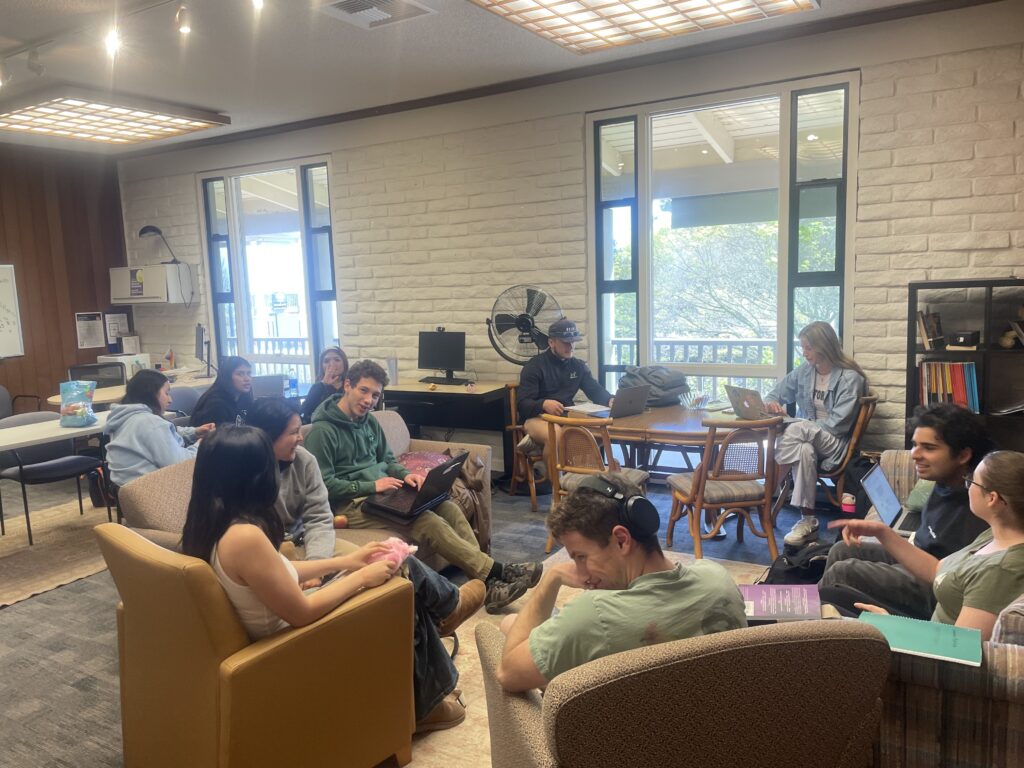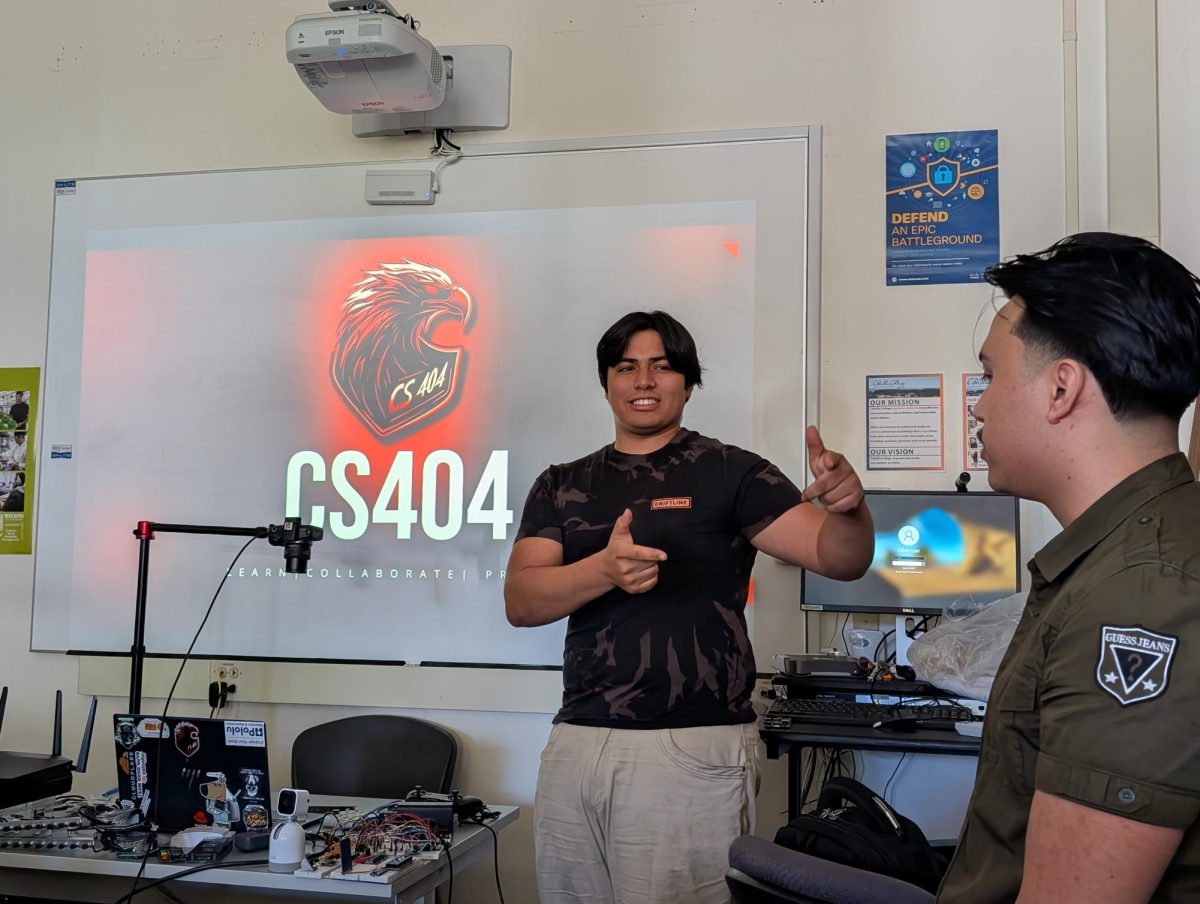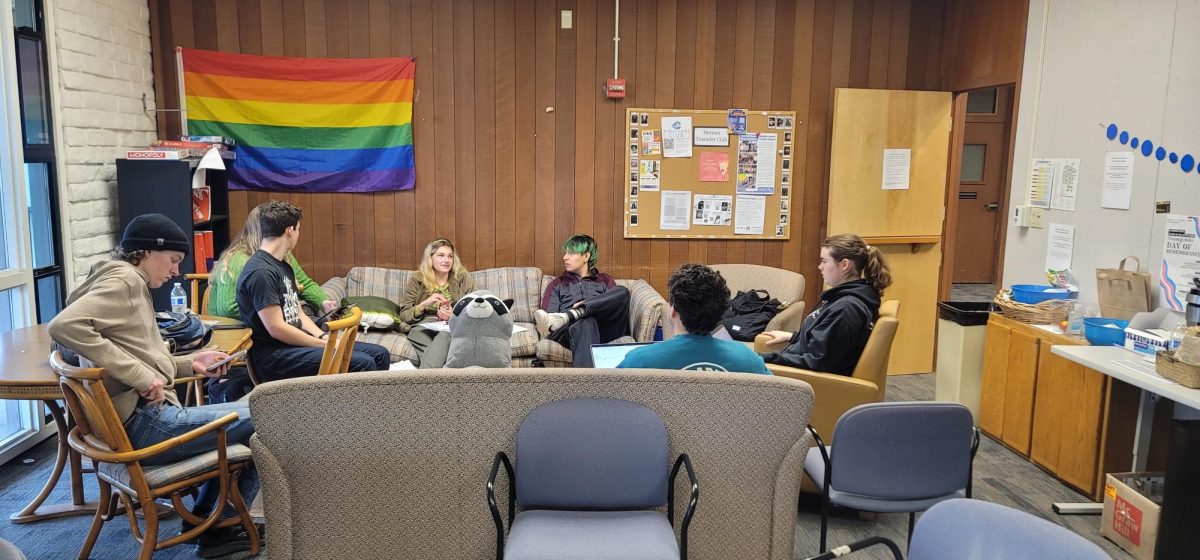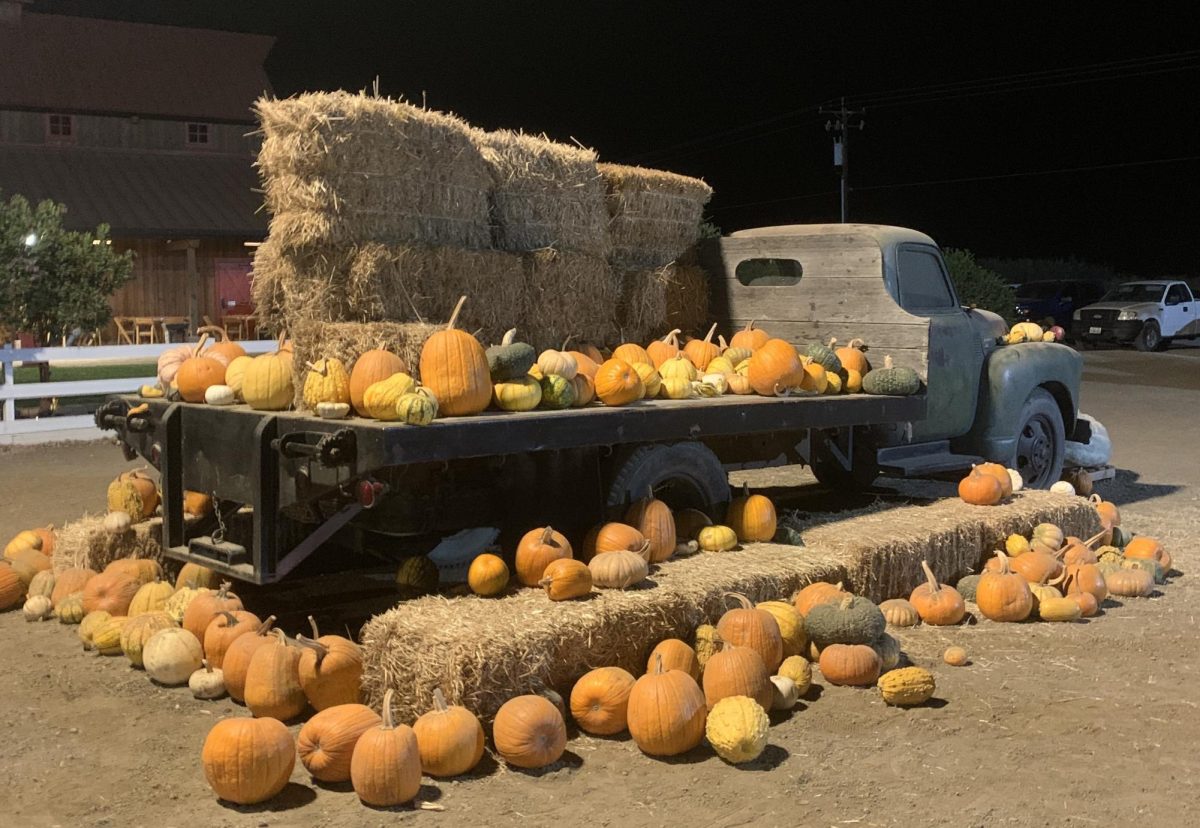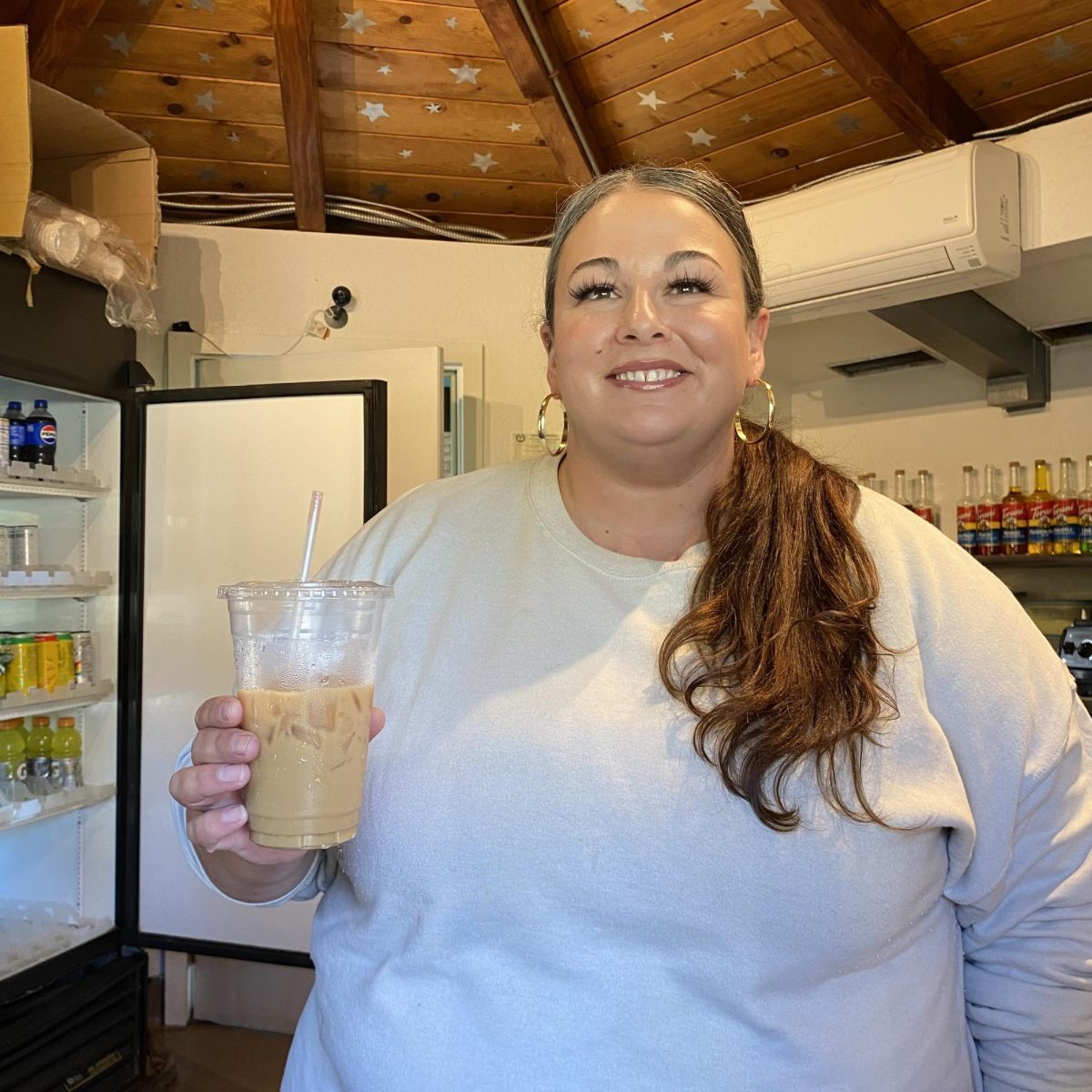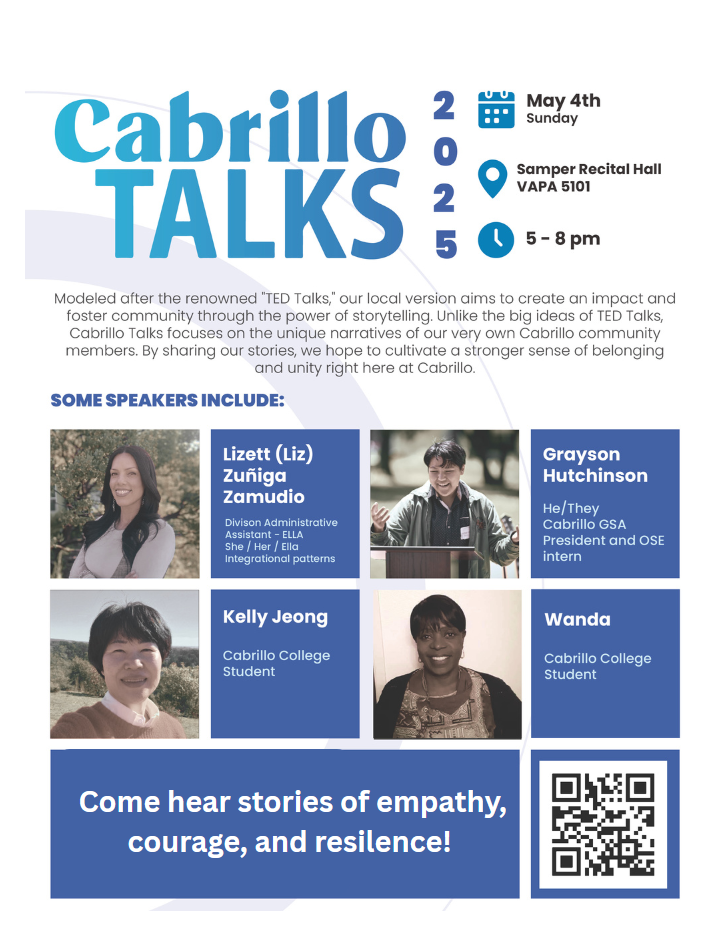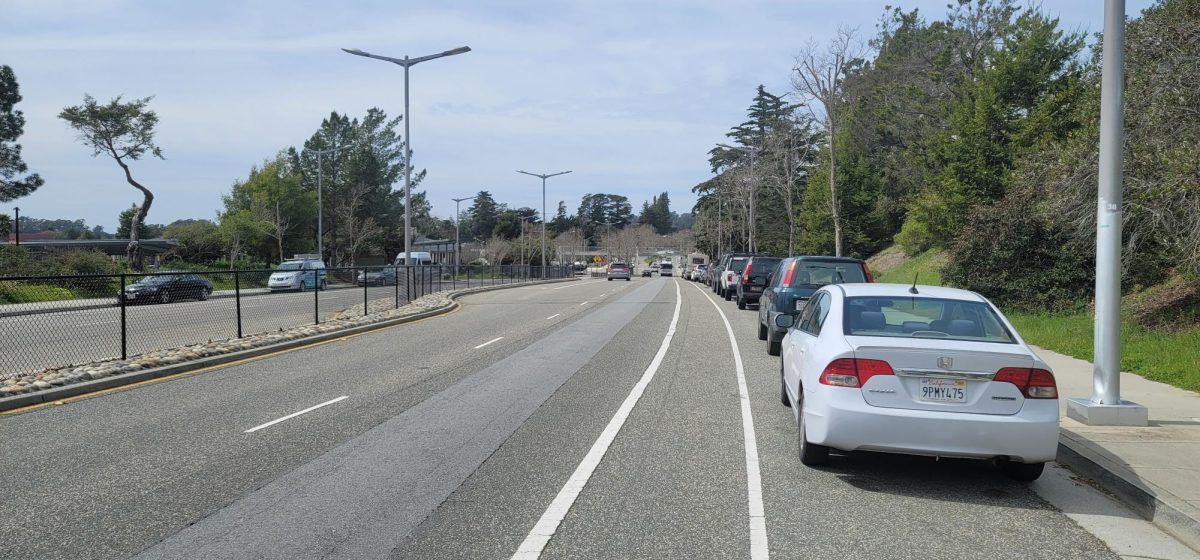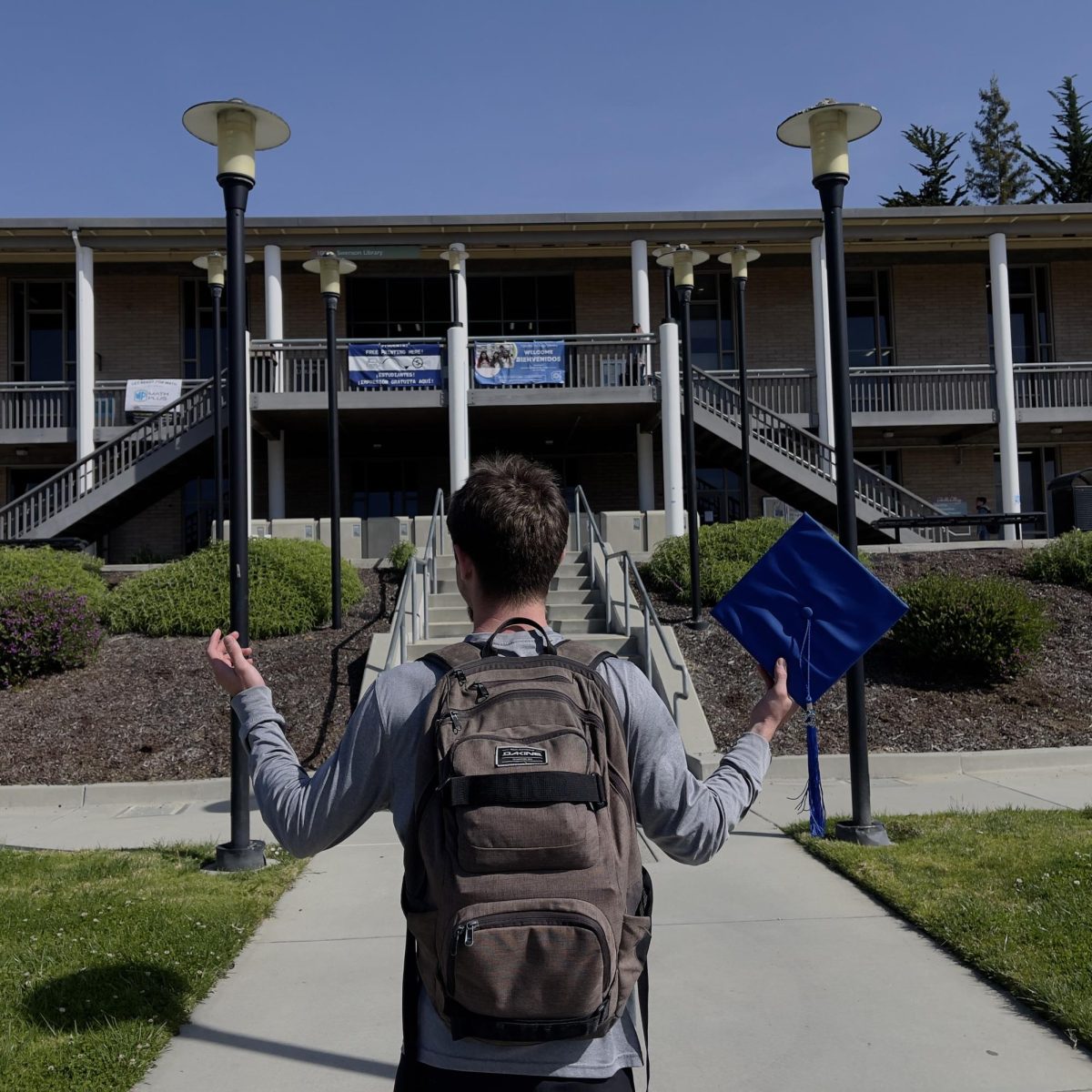It has been more than four years since the COVID-19 pandemic turned life upside down – and campus life has returned to normalcy at Cabrillo College.
When it comes to creating a campus community, clubs are a critical component in bringing like-minded students together.
The Cabrillo Honors Program is the college’s largest learning community with more than 350 members with about 20 active participants.
“Mostly it’s providing a community for honors students and allowing them to have somewhere to connect outside of class,” Honors President Cathryn Perry said. “It’s just a way for everyone to have an outlet to have fun and meet new people.”
Apart from building a culture and support group of dedicated scholars set on transferring to high level universities, members meet in the Honors Lounge from 2-3 p.m. on Wednesdays to discuss social and promotional events.
Past events have included beach gatherings as well as educational opportunities, such as a guest appearance in 2023 by Jamil Zaki, author of Cabrillo-assigned book “The War For Kindness”.
“I think joining the club, going to events and having fun connecting with other honors students in my second semester has given me a social life that Cabrillo kind of lacks,” said Johnny Bergh, club treasurer. “I think when you do academics and you strictly focus on that without talking to anybody else, it results in a lot of burnout.”
At first, Bergh’s calculus class felt overwhelming and nearly impossible to finish with a strong grade.
But with the help of honors students who have already taken the class and a positive atmosphere to study, he boasts an A in the class more than halfway through the semester.
Events the club is planning include a school prom and an afternoon of team-building rock climbing, for which the club has a budget of $550, although many of the club’s events require no expense.
“This has been, I think, the first year (since COVID) that we’ve really had the critical mass of people on campus,” said Steve Schessler, a faculty adviser for the group. “Students this year came back ready to participate that had been slower. I think they were hungry for interaction and conversation.”
Several factors Schessler listed that contributed to a lack of campus community were prolonged social isolation and online Zoom classes – barriers which also gave students a newfound appreciation for learning.
Schessler said he hopes to establish more communal places for students to gather on campus, including the career and academic lounge in the library and computer technology center.
Just like the honors club creates a sense of community through unifiable goals of academic success, proactive work spaces are meant to foster proactive study habits.
“The honors program is a great way for people to transfer, especially to the UC’s,” Perry said. “You can be in the honors program and not in the club, and feel isolated without the community. Having the club is a great support system.”

